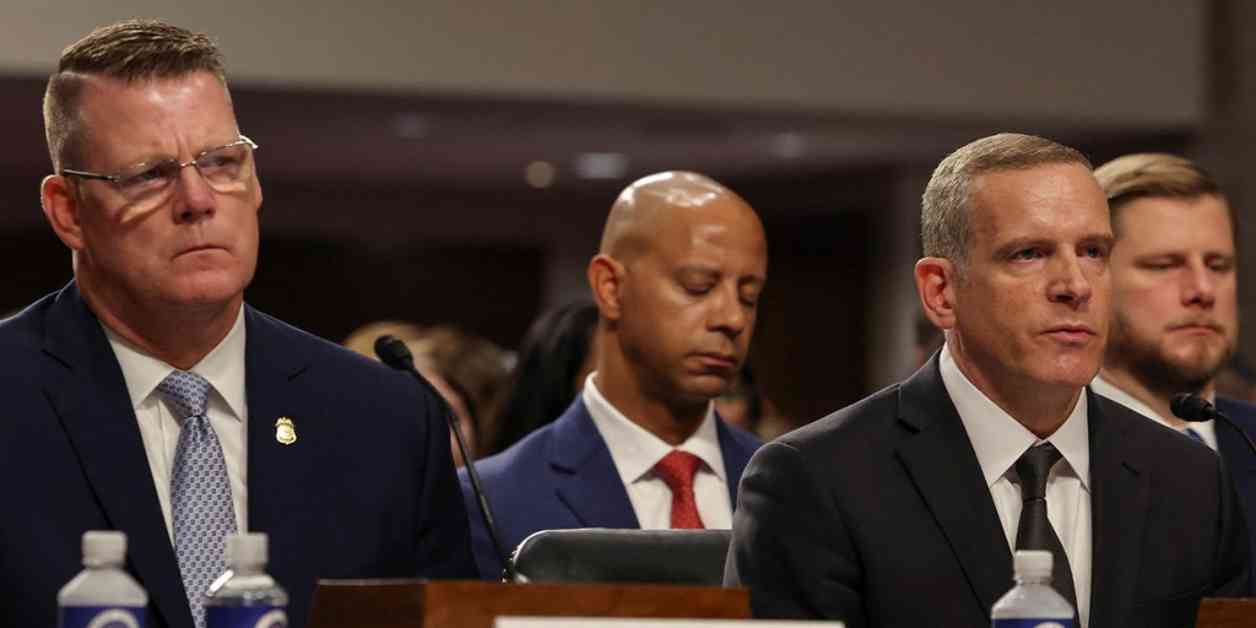Acting Secret Service Director Ronald Rowe, Jr. faced the Senate on Tuesday and took responsibility for the failed assassination attempt on former President Trump, acknowledging that it was a lapse on the part of the Secret Service rather than local law enforcement. This admission marked a significant moment in the ongoing investigation into the July 13 shooting incident.
During his testimony before the Senate Judiciary and Homeland Security committees, Rowe revealed a critical flaw in the drone detection system that was supposed to be operational on the day of the rally. The system, designed to detect unauthorized drones in the area, was delayed due to connectivity issues with the public cellular network, only coming online hours later than planned. This delay allowed the shooter, Thomas Matthew Crooks, to conduct his own surveillance undetected.
Sen. Chuck Grassley questioned the reliance of the Secret Service on public cellular networks and pressed Rowe on the lack of a backup plan. Rowe expressed regret over the consequences of the system failure and admitted to losing sleep over the missed opportunity to intercept the assailant. He emphasized the need for dedicated connectivity to ensure the operational readiness of security assets in the future.
Lawmakers further probed Rowe on the absence of security coverage at the building used by Crooks to carry out the assassination attempt. Despite plans for a sniper team to be stationed with a direct view of the rooftop, the position was left unattended, leading to questions about oversight and decision-making within the Secret Service.
Sen. Josh Hawley engaged in a heated exchange with Rowe regarding the delay in taking disciplinary action against Secret Service agents involved in the incident. While Rowe defended waiting for the investigation to conclude before any firings, Hawley argued for immediate accountability given the severity of the situation.
Sen. Rick Scott criticized the lack of transparency in the investigation and called for more frequent updates from the Secret Service and FBI. He drew parallels to his experience during the Pulse Nightclub shooting in Florida, emphasizing the importance of clear communication with the public during such crises.
FBI Deputy Director Paul Abbate disclosed that the bureau has encountered challenges in accessing the content of Crooks’ phone, particularly data hidden in encrypted messaging apps. While progress has been made in identifying one of Crooks’ social media accounts, verification of ownership remains pending.
As the investigation continues, the focus remains on addressing the failures that allowed the assassination attempt to occur and implementing measures to prevent such incidents in the future. The commitment to enhanced security protocols and improved communication with the public underscores the urgency of learning from this tragic event.


